In 2013, biologist Rupert Sheldrake gave a TEDx talk titled The Science Delusion at TEDx Whitechapel. The event theme was Visions for Transition: Challenging Existing Paradigms and Redefining Values. Sheldrake’s talk, which questioned the rigidity of scientific dogma, quickly sparked controversy. Protesters labeled it dangerous and unscientific, leading TED to remove it from their main site and relegate it to an obscure corner of the internet with a warning label.
But why such a strong reaction? And what does this have to do with fitness, nutrition, and spirituality? Let’s dig in.
The Roots of Scientific Dogma
Before we begin, who is Rupert Sheldrake? He’s not just some random pseudoscientist screaming into the void. Sheldrake is a biologist with a solid academic background: Cambridge University, developmental biology, plant physiology, you name it. But what makes him controversial is that he challenges what he calls ‘the dogmas of modern science.'
Sheldrake’s central argument is that science, for all its progress, has its own form of orthodoxy—a set of assumptions so deeply ingrained they’re treated as immutable truths. These include beliefs like the universe operating as a closed system, the brain being the sole origin of consciousness, and nature adhering strictly to fixed laws.
The Ten Commandments of Science
These aren’t explicitly stated principles but rather deeply embedded assumptions that shape scientific inquiry. These dogmas include beliefs like:
Nature operates mechanically, like a machine.
Matter is unconscious, and the mind is an illusion created by the brain.
The laws of nature are fixed and unchanging.
Biological inheritance is entirely material, encoded in DNA.
Memories are stored physically in the brain.
Unexplained phenomena, like telepathy, are illusory.
Free will is an illusion.
Mechanistic medicine is the only truly effective medicine.
The total amount of matter and energy in the universe is constant.
Nature is purposeless, without direction or goals.
Sheldrake argued that treating these assumptions as unquestionable truths creates a rigid framework that stifles innovation and discovery.
TED claimed the talk was removed because it promoted ‘pseudoscience.’ But critics of that decision—including Sheldrake—argue it was about protecting the scientific status quo.
In science, materialism is the idea that everything that exists is made of physical matter, and that things like thoughts, feelings, and consciousness come from how this matter interacts. This view has been the dominate worldview in science because it fits well with how modern science works and what it discovers. Sheldrake's talk challenged this idea, suggesting that the way we approach science might be limiting progress because it shuts down alternative ideas too quickly. His critique is part of a larger conversation about how science is done and where its limits are.
One group associated with this perspective is the Institute of Noetic Sciences (IONS), founded by astronaut Edgar Mitchell in 1973. The institute explores topics like consciousness, intuition, and human potential, suggesting that scientific materialism does not fully explain human experience, especially phenomena such as non-local consciousness, near-death experiences, and psi phenomena.
Imagine this: you’re a materialist scientist, and someone questions the foundations of your entire worldview on one of the biggest intellectual platforms in the world. Of course, you’re going to push back.
But if you’re so confident someone is wrong, why not let their ideas stand on their own? Why censor them unless they hit a nerve?
How Science is Weaponized More Than Politics and Religion
In this system, the scientific establishment becomes the new authority—replacing the monotheistic idea of God with the “god” of reason and data. For those in the Ex-Christian/Atheist worldview, this is a new form of dogma. It stifles curiosity, dismisses dissent, and discourages critical thinking—all in the name of progress. This mirrors the rigid certainty and tribalism found in the religious structures people sought to escape.
From my own experience, I’ve seen how this plays out in the deconstruction community. Leaving behind the dogma of fundamentalist religion, many are drawn to what feels like the opposite extreme: atheism and materialism. Figures like Britt Hartley, a self-proclaimed “atheist spiritual director,” and Brandon of MindShift, who both do not believe in the idea of free will, and present materialism as a comforting certainty. I once found myself deep in this space, captivated by the “rational” certainty it promised, only to realize it led me toward nihilism.
The rejection of free will, for instance, might appear “scientific,” but it’s a reflection of the reductionist thinking that ignores the richness of human experience. These ideas, presented as intellectual progress, often dismiss the value of intuition, spirituality, and personal meaning. Escaping the dogma of atheism and rediscovering intellectual humility was transformative for me, allowing me to embrace curiosity and critical thinking without succumbing to despair.
This is where the religion of scientism enters the picture—where reason and science are elevated to the status of ultimate truth. Figures who present themselves as “experts” rely on surface-level expertise and selective data to craft narratives that appear authoritative yet fail under scrutiny. They become the “fake intellectuals,” as Franklin O’Kanu calls them, feeding the cult of expertise while often lacking real intellectual rigor.
The Revolving Door: Corporate Interests in Public Health
The "revolving door" refers to the movement of personnel between regulatory agencies and the pharmaceutical industry. This cycle blurs the lines between public service and corporate interests, with former regulators influencing policies that benefit the very companies they once oversaw—creating a potential conflict of interest that's staggering.
Recent developments have sparked new concerns about this dynamic. Robert F. Kennedy Jr., a lawyer with a deep understanding of the complexities surrounding corporate influence in public health, has been appointed by President Trump to lead the Department of Health and Human Services (HHS). Kennedy has spent years taking on large corporations directly, advocating for more transparency and rigorous safety testing of vaccines, and questioning aspects of vaccine policy. His background in law and environmental advocacy gives him a unique perspective on the "revolving door" between regulatory agencies and corporate interests. He has long been critical of the influence large corporations wield over regulatory bodies, which directly impacts public health outcomes.
Kennedy’s mission extends beyond vaccine safety, addressing broader concerns about chronic diseases, environmental toxins, and corporate practices that affect public health. His advocacy has earned both praise and criticism.
Speaking of criticism, last week at the Roundtable Discussion on Vaccines and Public with Bernie Sander's he stated:
So, at a time of growing distrust not only with vaccines but of government and of science in general who's telling us the truth? Who is the truth teller? Somebody on the Internet of truth tell who's read a book someplace and try to make money off a book or people who've done research and work for years? That's really kind of what this discussion is about.
Bernie going after RFK Jr on vaccines is basically like the captain of the revolution abandoning ship saying, "Trust the people in charge!" Bernie, you're breaking our hearts here!! Let's actually look at some facts public trust and physicians and hospitals went down from 71.5% in April of 2020 to 40.1% in January of 2024. People on the Internet can tell the truth especially when sources are cited from .gov resources like Just the Inserts who we had on last season talking about the importance of informed consent.
Reading books is a perfectly acceptable way of researching products and industries, and sure, if you start making money off of the book that can introduce potential financial conflicts of interest (and you know Bernie is no stranger to conflicts of interest) so I think this comment is SUSPECT and obviously Big Pharma has paid him off. What an epic disappointment but that's why I left.... the left, they're just a big disappointment these days.
Bernie used a logical fallacy here which is called appeal to authority, and it occurs when someone argues that a claim is true simply because an authority or an expert said so without providing further evidence or reasoning to support their claim. And yes, it's important to distinguish between a legitimate appeal to authority and a fallacious one when the authority is not actually qualified, or the topic is outside their expertise or not supporting evidence.
Here's the key-- RFK Jr has provided lots of evidence he even wrote a book called The Real Anthony Fauci Bill Gates Big Pharma and the Global War on Democracy and Public Health and it's filled with extensive research (if you haven't read it, you should) and if it weren't credible, it would have been pulled or he's facing a serious lawsuit by now. So, here's Bernie Sanders appealing to the cult of authority blindly backing the establishment. 🤦♀️
Yet, there’s no denying Robert Kennedy's intelligence and his ability to bring much-needed scrutiny to the relationships between government agencies and big business.
As this conversation unfolds, Kennedy’s leadership could challenge the status quo and push for greater transparency, fairness, and accountability in public health. His deep understanding of these issues makes him a key figure in the broader debate over corporate influence and the "revolving door."
The Flaws in Clinical Trials
Worshipping “science” or blindly trusting clinical trials can be misleading. While clinical trials are seen as vital for medical progress, they are often heavily influenced by the pharmaceutical industry, which funds a vast majority of these trials. This creates a conflict of interest that can skew results and delay critical information about the risks of drugs.
Examples like the Vioxx scandal, where a painkiller was marketed despite internal knowledge of its dangers, and the Tamiflu case, where the effectiveness of the drug was overstated, show how corporate interests can shape clinical trial outcomes. Clinical trials, while important, are not always as objective or transparent as they seem.
How Dogma Affects Health and Fitness
Science has transformed our understanding of the human body, yet it has also created rigid paradigms that resist change. Here are some examples:
1. The Overemphasis on Calorie Counting
For decades, the mantra “calories in, calories out” has reigned supreme in weight loss discussions. This reductionist approach, while simple, overlooks metabolic individuality, the complexity of hormones, and the overall quality of food we consume. Despite modern research revealing its flaws, the calorie myth persists in diet culture and public health policies.
One glaring issue with the calorie-counting approach is that it assumes a universal response to food, when in fact, each body is different. Metabolic rates, insulin sensitivity, and how we process and utilize energy vary from person to person. A one-size-fits-all approach to food intake simply doesn’t acknowledge these differences, leaving many people frustrated and confused about why their efforts aren’t producing the desired results.
But let’s take this a step further and examine how our mindset and beliefs about food influence our body’s physiological responses. Consider the Milkshake Study, which highlighted the power of perception in regulating hunger hormones like ghrelin. In this study, participants were given two milkshakes—one labeled as indulgent, and one labeled as "healthier." Even though both shakes were identical in calories, participants who drank the indulgent shake had lower ghrelin levels, signaling that they felt fuller. Those who drank the "healthier" shake had higher ghrelin levels, suggesting they were still hungry.
This phenomenon directly challenges the traditional calorie-counting narrative. The way we perceive our food, its quality, and our beliefs about its impact can literally alter our body’s hormonal responses. So, while the calories may be the same on paper, the body’s hormonal reaction to that food can be entirely different, making "calories in, calories out" an oversimplified and outdated framework.
This insight breaks apart the reductionist narrative that so heavily dominates our cultural understanding of weight and health. If our hormones—like ghrelin—are affected by our mindset, we can start to see how our thoughts and beliefs around food directly influence how our body responds to it. It’s not just the food’s calorie content; it’s how we interpret and internalize it.
In a world where we are constantly bombarded with food labels and diet rules, understanding the deeper connection between mind and body is key to breaking free from the calorie myth. After all, food is more than fuel; it’s a relationship, a psychological experience, and a biological trigger—all of which deserve attention beyond just the numbers on a nutrition label.
2. Germ Theory vs. Terrain Theory
One area ripe for scrutiny is germ theory, which forms the backbone of modern medicine. While it’s undeniable that pathogens play a role in disease, germ theory often overshadows other critical factors like the terrain theory, which emphasizes the internal environment of the body. The COVID-19 pandemic has provided a stark illustration of terrain theory in action, highlighting how it impacted individuals differently depending on their underlying health, lifestyle factors, and susceptibilities. While germ theory emphasizes the role of pathogens in causing disease, it often overlooks how the body’s internal environment—the terrain—determines its ability to resist or succumb to these pathogens.
Germ theory, the cornerstone of modern medicine, attempts to identify and address specific pathogens. However, during the pandemic, it became clear that two people with identical exposure to the virus could experience vastly different outcomes. One might have mild symptoms or remain asymptomatic, while another might develop severe illness or even die. Why? The answer lies in the individual’s terrain—their overall health, immune function, nutrition, and stress levels.
Terrain theory suggests that the internal environment of the body is just as important, if not more so, in determining how well we respond to pathogens. If the terrain is weak—due to chronic stress, poor nutrition, or underlying health conditions—the body becomes more vulnerable to disease. Conversely, if the terrain is strong, with a balanced immune system, good nutrition, and robust overall health, the body can better withstand pathogens. This is why not everyone who contracted COVID-19 suffered the same consequences. The internal environment of each individual played a major role in their response.
While it’s undeniable that pathogens are significant contributors to disease, focusing solely on germs has led to a narrow, reductionist view of health. For example, our overreliance on antibiotics—driven by germ theory—has had unintended consequences, such as antibiotic resistance and neglect of preventative health measures that could strengthen the body’s defenses in the first place. Nutrition, exercise, stress management, and sleep are all vital factors in maintaining a resilient terrain, yet they often take a backseat in discussions about health in favor of a more germ-centric approach.
3. The Suppression of Alternative Modalities
Many holistic and alternative health practices—from acupuncture to herbal medicine—have been dismissed as pseudoscience, despite mounting evidence for their efficacy. Why? Because they challenge the pharmaceutical-centric model that dominates Western medicine. This isn’t about rejecting conventional medicine but about expanding the scope of what we consider valid.
In Season 2, I do believe I was caught up in a cult-like environment of the Ex-Christian/deconstruction space that led me to hardcore atheism—a sharp turn I had never anticipated. This shift was born from anger and disillusionment with the spiritual manipulation I had endured. But as I moved away from the rigidity of religious dogma, I realized that wasn't the first cult I'd been a part of. Another had been the world of wellness cults and MLMs, particularly with my experience in Isagenix. This MLM promised quick fixes and a one-size-fits-all approach to health, yet I realized that much of the advice was misleading and ultimately harmful.
Just like the high-control religion I left, the wellness industry often employs manipulative tactics, leveraging people's vulnerabilities and insecurities. I became frustrated at the false promises of weight loss and detoxification, which claimed to have all the answers to health problems. Yet, here I was, critiquing the dogmatic practices of the religious groups I had been involved in, only to find myself caught in another form of blind faith.
Now, let’s be clear: this isn’t about rejecting holistic and alternative health practices outright. In fact, many of these modalities—like acupuncture, herbal medicine, or even certain aspects of spiritual healing—are based on centuries of empirical knowledge and cultural traditions. There’s mounting evidence supporting their efficacy, particularly in areas that conventional Western medicine tends to overlook. But here’s the issue: when these practices are presented as miracle cures without scientific backing, or worse, as the only “true” path to health, we fall into the same trap of uncritical thinking and blind faith that we should be avoiding.
This isn’t a call to reject conventional medicine or the advancements it offers. Rather, it’s an invitation to expand the scope of what we consider valid in our health journeys. We should question all dogma, whether it comes from the mainstream pharmaceutical industry, the alternative wellness world, or any other realm that promises a singular, universal truth. What we need is intellectual humility—the willingness to critically examine all ideas, sift through the pseudoscience, and allow for diverse approaches to coexist. and I mean what really is 'pseudoscience'? It seems something deemed fake, can be proven real, the difference is a matter of time.
In the end, it’s not about the "right" system of health or the "wrong" one; it’s about being open to learning, growing, and questioning. The journey from cult-like spiritualism to hardcore atheism to exploring holistic health practices has taught me one vital lesson: health—whether physical, mental, or spiritual—is complex, there is the grey zone, and it’s best navigated with curiosity, skepticism, and a deep commitment to truth, wherever it may lead.
The Ripple Effects on Spirituality
Scientific dogma doesn’t just shape our understanding of health; it profoundly influences how we perceive spirituality and consciousness. For centuries, science has drawn a clear line between the physical world and the mystical, often relegating spiritual experiences to the realm of the unexplained, labeling them as "brain glitches" or mere psychological phenomena. But what if this divide is artificial? What if science and spirituality aren’t fundamentally opposed, but instead, each can offer a piece of the puzzle we’ve been overlooking?
Consider the hypothesis of morphic resonance by Rupert Sheldrake, which posits that memory and learning aren’t confined to individual brains but exist in shared fields, accessible beyond our immediate physical experience. Sheldrake’s theory challenges the reductionist view that consciousness is simply a product of brain activity. Instead, it suggests that our minds are interconnected through a kind of collective memory, transcending the limits of individual brains. This bold idea is frequently dismissed by mainstream science as "pseudoscience", yet it opens the door to a much larger understanding of how consciousness might operate.
The current scientific paradigm often dismisses phenomena like telepathy, shared memories, and other spiritual experiences as anomalies or "glitches." Whether it's a moment of deep meditation, a profound sense of interconnectedness during prayer, or experiencing someone else's thoughts without any verbal communication—these moments are often written off in purely material terms. But what if these experiences are more than mere coincidental or explainable brain activities? What if, instead, they point toward a deeper, quantum-level connection between all living things?
Recent advances in quantum physics have begun to suggest that consciousness may not be solely confined to the brain but instead might be a quantum action that extends beyond the physical boundaries of our bodies. The idea that our minds may exist in a non-local space—transcending the physical brain—is a provocative one. If quantum entanglement allows particles to be interconnected over vast distances, could the same phenomenon apply to consciousness itself? Could thoughts and experiences extend beyond our personal mind and into the collective field of human consciousness? I think so.
One area that brings these concepts to light is the study of telepathy—the transmission of thoughts or information from one mind to another without using any known physical means of communication. For years, telepathy was relegated to the realm of pseudoscience, dismissed by mainstream science as implausible. But emerging research and anecdotal evidence have begun to challenge this view. The Telepathy Tapes podcast, for instance, explores real-world experiences of telepathy and other paranormal phenomena, drawing on decades of research and firsthand accounts. The podcast offers a fascinating exploration of how people have experienced thought transfer in ways that don’t conform to our traditional understanding of the brain and its boundaries.
The more we explore the connection between consciousness and the quantum field, the more we realize that the mind might not just be a byproduct of brain activity. Instead, it might be a more expansive phenomenon—an energetic force that connects all living things. Telepathy, and similar phenomena, might not be mere coincidences or "glitches" of the brain, but rather, expressions of the interconnectedness of consciousness at a quantum level. And as we move further into understanding the complexities of the quantum world, we may find that spirituality and science can indeed coexist, each offering insights into the deeper nature of our existence.
Rather than reducing these experiences to the limitations of materialism, what if we expanded our understanding? What if we allowed for the possibility that consciousness operates beyond the confines of the brain, and that our minds might be connected to a larger, shared field of information? Exploring ideas like morphic resonance and quantum consciousness could lead to a more integrated view of our existence, one where science and spirituality aren’t at odds but are part of a much larger picture—one that invites curiosity, exploration, and a deeper understanding of the mind’s true potential.
The Cost of Certainty
The real danger of scientific dogma is that it blinds us to new possibilities. Let’s revisit germ theory as an example. When Louis Pasteur first proposed that microorganisms caused disease, the idea was ridiculed. It took decades for the medical establishment to accept it, and countless lives were lost in the interim. Today, germ theory’s dominance risks overshadowing other valid frameworks, like terrain theory, that emphasize holistic health.
The same pattern occurs across fields. In fitness, calorie-counting persists despite advances in understanding metabolism. In spirituality, materialist assumptions limit our exploration of consciousness. In all cases, dogma shuts down inquiry, replacing curiosity with certainty.
A Call for Open-Mindedness
Sheldrake’s work reminds us that science is a tool, not a belief system. Its strength lies in its ability to evolve, but evolution requires questioning assumptions. This isn’t about rejecting science; it’s about freeing it from the shackles of dogma.
Whether you’re navigating your health, your fitness journey, or your spiritual growth, the lesson is the same: embrace curiosity. Challenge the “sacred cows” of conventional wisdom. Explore new ideas, even if they seem outlandish. Progress depends on our willingness to ask uncomfortable questions.
Final Thoughts
Rupert Sheldrake’s banned TED talk isn’t just a critique of science; it’s a call to action. It challenges us to rethink the frameworks that shape our understanding of the world—and ourselves. In fitness, nutrition, and spirituality, the cost of dogma is too high to ignore. So, let’s commit to a more open-minded approach, one that values curiosity over certainty and exploration over orthodoxy.
The future depends on it.


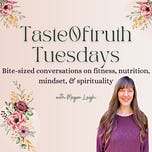


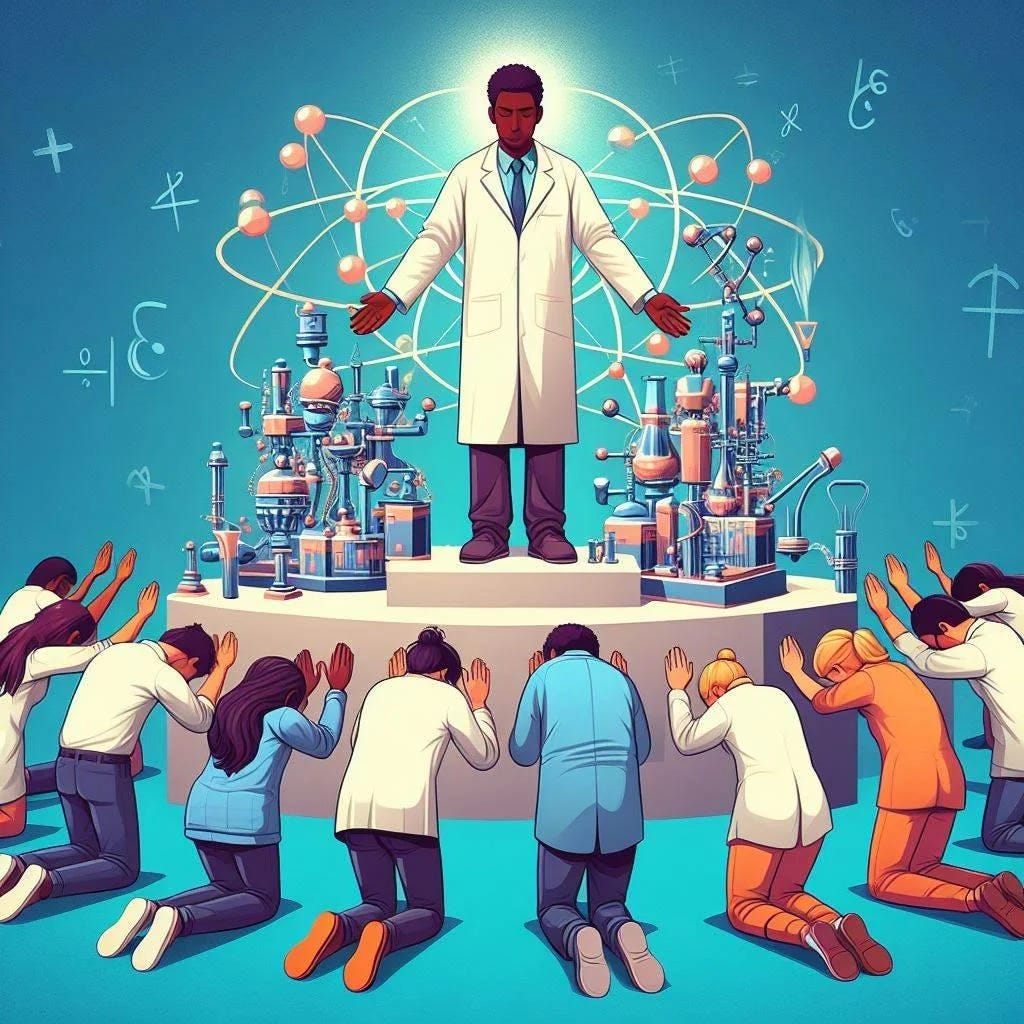

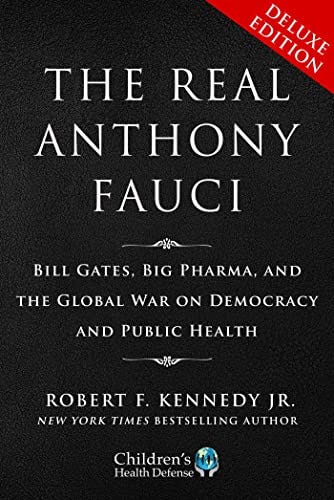
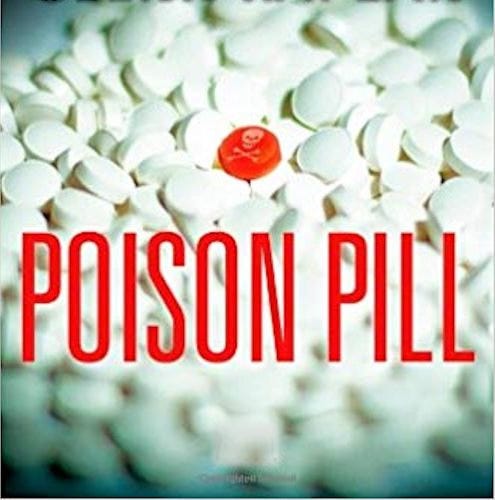
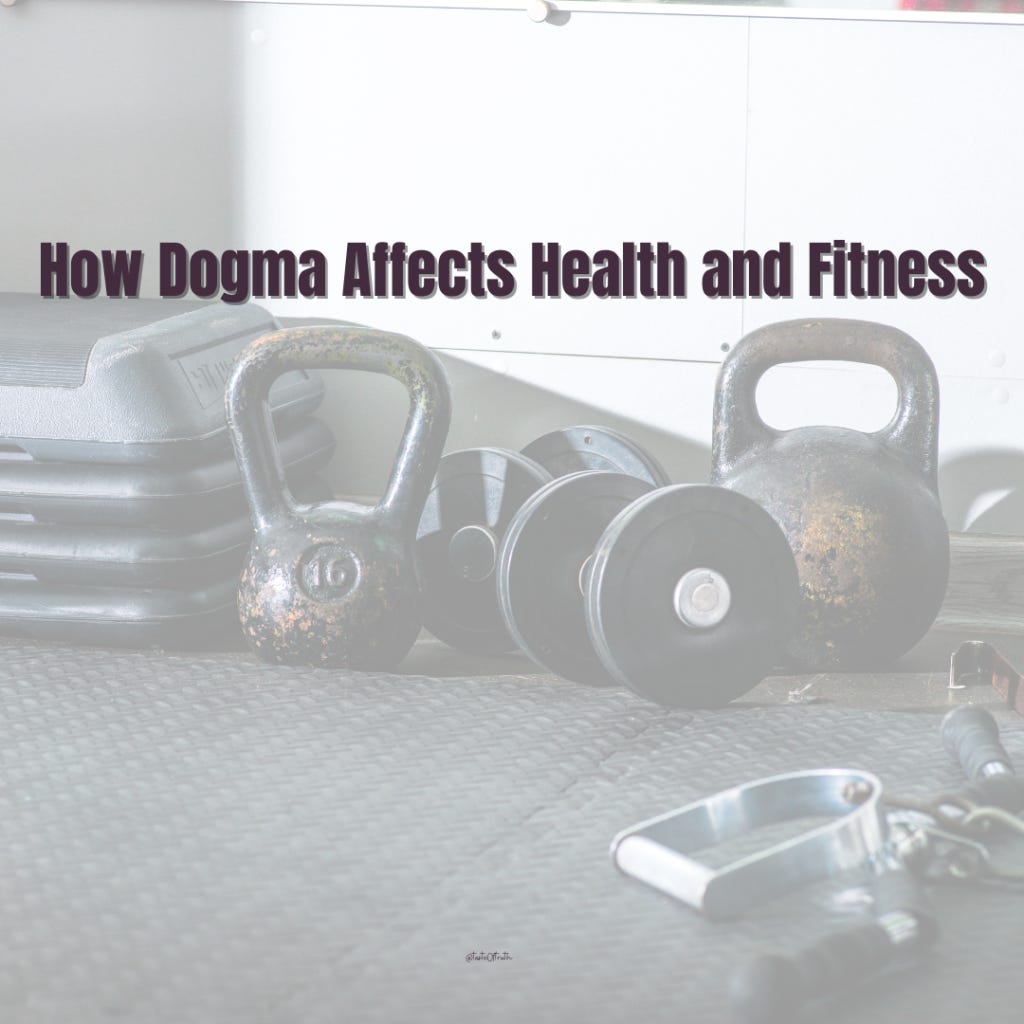

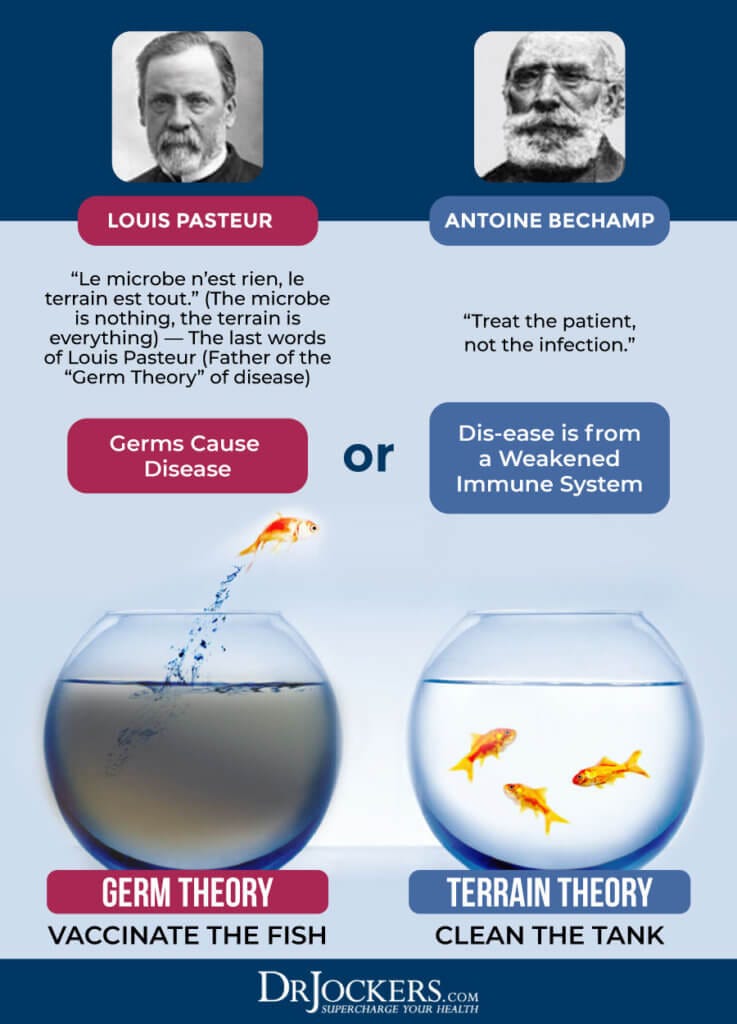



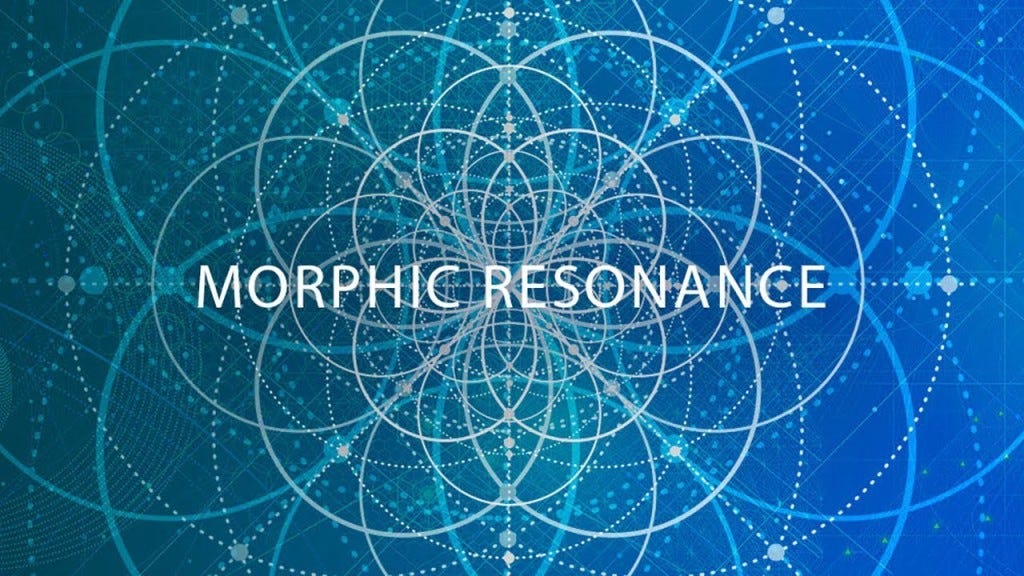
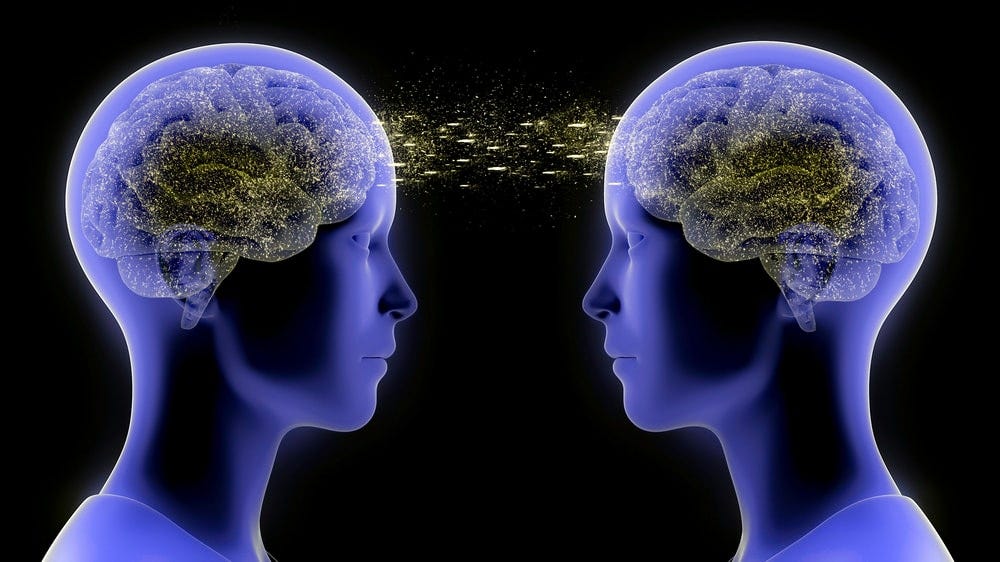











Share this post